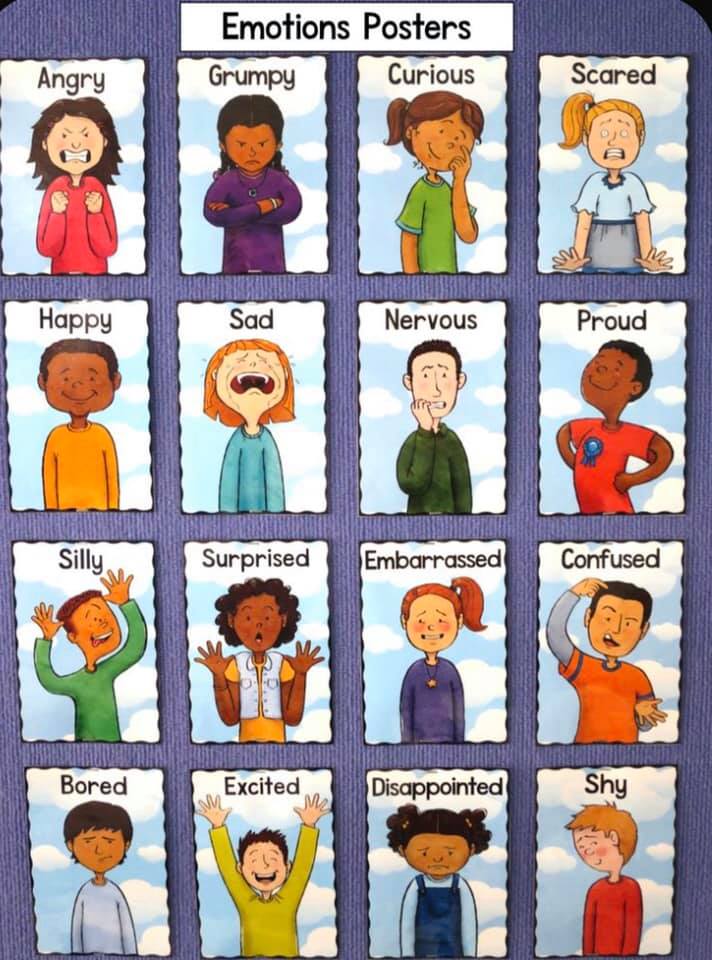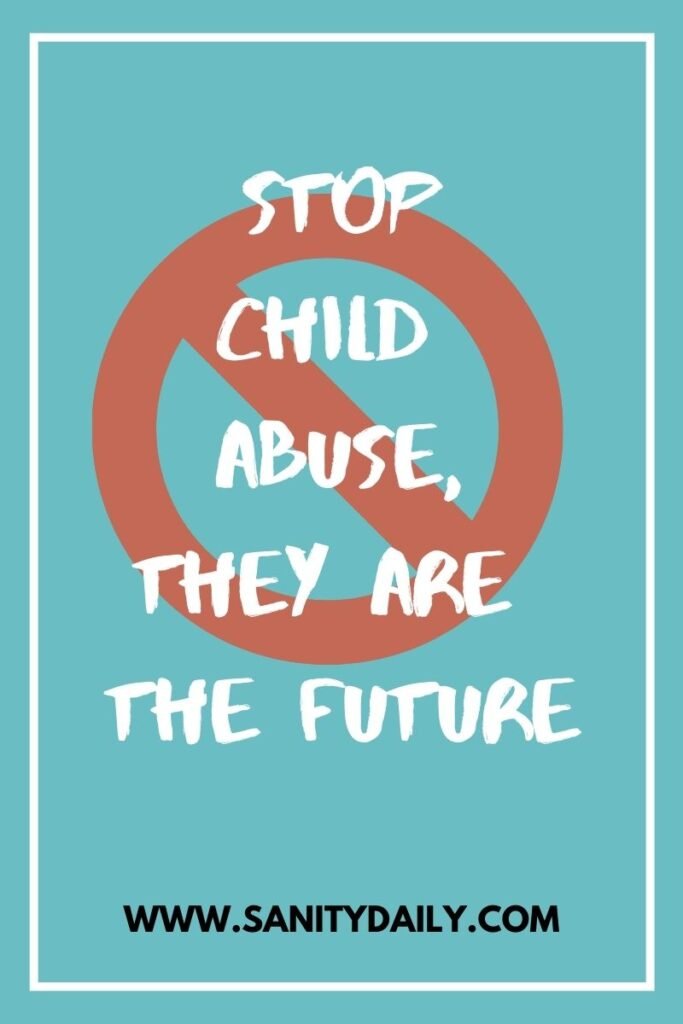Sexual abuse in children is the worst of worst crime and mostly it is committed by someone known, some creepy relative, or some known friend. The best time to talk to your child about sexual abuse is now.
Listen to your child when they try to say something to you in their shaky voices, be present when they need you, be active while you are listening to them, believe in them, read between the lines, use all your senses when you sense something wrong.
Do not leave your child unattended especially when you see some differences in their behavior. Some wounds never heal, some trauma are so deeply inflicted that they haunt people forever their life.
A very good friend of mine and a Psychologist/ Counselor at Pathways Psychology Services – Winfield, Swati Bajpai shares some very important facts we all should consider. Sharing this here to spread the message which is vital and invaluable.
What after Sexual Abuse?
How to be supportive of the child in protecting themselves and learning healthy coping skills?
Children often react to traumatic events like physical and sexual abuse with anxiety and distress. Other common reactions are disruptive behavior, acting out, aggression, anger, or having trouble following rules.
While the child is undergoing therapy, parents and caregivers play an important role in helping out children struggling with trauma.
Related: 10 Ways To Nurture Your Child’s Mental Health
It’s done by Praise, Active Ignoring, Time-out.
Praise is valuable tool parents can use to increase their child’s desirable behavior. Most children respond well to praise or positive attention. It is better to use labeled praises instead of unlabeled praises. Labeled praise is specific.
An example of labeled praise is: “I like how you cleaned the table the first time I asked.” This example is clear in terms of what the parent was praising. It is also important to praise desirable behavior as soon as possible after it happens. The more immediate the reward, the more the child will be affected by it.
Be consistent with the praise as children’s behavior is most difficult to manage when they have unpredictable rewards and consequences for their behavior. Avoid criticizing when praising the child.
In the above example, the child might have ignored earlier requests for help. Therefore don’t praise by saying, “Thanks for cleaning the table. Why aren’t you this responsible all the time?”
Bring emotions in praise. Don’t sound robotic in your praise. Enthusiastic praise can go a long way toward rewarding your child’s desirable behavior.
Ignoring
Children do undesirable things to get attention even though it’s negative attention. For this reason, it is important to use praise for desirable behavior and active ignoring for undesirable behavior. Very importantly, NEVER ignore dangerous or unsafe behavior. You should only use active ignoring to decrease undesirable, non-dangerous behavior.
Timeout
The primary goal of timeout is to remove a child temporarily from a reinforcing environment or situation in order to decrease undesirable behavior. The timeout should not be done in a crowded room. It should be done in a quiet, un-stimulating room, and should last only a few minutes.

For Behavior Management
Be consistent
Frame goals positively
Set short-term goals (use one day or one week rather than one month)
Follow through with rewards
If the reward at the end of the week is ice cream, be prepared, and avoid postponing the reward. The behavior chart is most likely to be effective if parents follow through consistently and predictably.
Identify Feelings
For many children who have experienced sexual abuse, some feelings may feel very strong and may be difficult to cope with at times. Learning how to talk about these feelings can help you talk to others about these feelings and can help you learn to cope with them better. Teach children to identify as many feelings as possible.
Teach the children to express their feelings in physical indicators. Like being mean happy or when others know you are happy means smiles, eyes squint, laughter, etc.
Sad- crying, redness in the face, tears, sobbing, etc. Mad- frowns, feeling tense, yelling, heart beating fast, redness in the face, etc. Scared- frightened look, heart beating rapidly, shaking, cold clammy hands, sweating, shortness of breath, screaming, crying, etc.
Teach the child how to rate the intensity level of emotion. Sometimes there are strong feelings and sometimes they are not so strong. For example, sometimes we feel a little angry, and other times we feel very, very angry. Ask them to rate in on a scale of 1 to 10.
- Children struggling with extreme emotions need to develop relaxation skills to calm down.
- Deep Breathing
- Demonstrate proper breathing techniques.
Now, let’s concentrate on breathing. Sit in a comfortable position.
Put one of your hands, right above the belly button, and the other upon the chest.
When we breathe in, the hand on our tummy should move up, and when we breathe out it should move down. The hand on our chest should stay still and not move the whole time. This means we are breathing correctly.
Introduce relaxing word
Like the word ‘Calm’. Try to concentrate on the word calm. If other thoughts pop into the head besides ‘calm,’ try to picture them floating away with the breath as one exhales.
Enhancing Safety in children
Teach the child that their body is very special and it belongs to them. A body has all kinds of different parts-some parts of the body don’t need clothes all the time, but other parts need clothes most of the time, even when one goes swimming. These are your private parts.
What do you call your private parts?
Teach correct naming of body parts—can use diagrams and/or drawings to facilitate. But no words which don’t make sense as then the child won’t be able to tell accurately about the abuse.
Healthy Sexuality/Body Awareness
Tell the child that his/her body is very special and, it’s ok to have sexual feelings. When they become an adult, they can enjoy having sex with someone they love. That will be a very special thing. Sex with someone you care about is a positive, loving thing.
OK and Not OK Touches
Teach the child besides the doctor, a nurse during checkup, and parents at home, NOBODY should touch their private parts for other reasons, even if it is someone they know and love.
If they feel funny, strange, or uncomfortable about the way someone’s touching them, they can tell that person, “NO!”
Also, make sure to tell them to tell an adult about what happened, like a parent, or relative, or teacher or friend—someone who they trust. Keep telling until someone listens to them.

Just to review—what are the 3 things they should do if someone tries to touch their private parts?
1. Say “No.”
2. Get away from the person.
3. Tell a grownup you trust about what happened.
4. Tell another grown-up if the first one doesn’t do anything.
Remember, if someone tries to touch you, it is not your fault. Never be too afraid to tell what happened.

Priyanka Nair is the author of 26 Days 26 Ways for a Happier you and Ardhaviram. An NLP practitioner and Founder of Sanity Daily, helping you prioritize your mental health. Let’s build a happy community.




